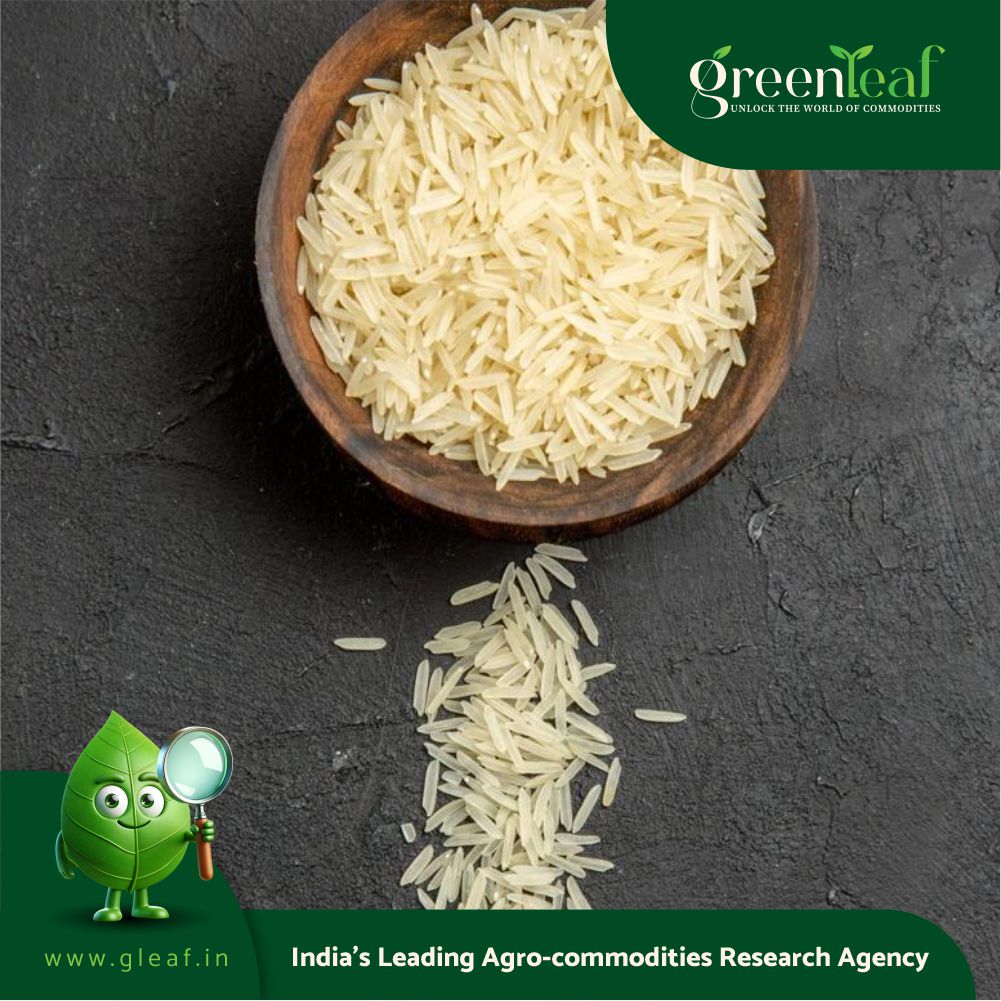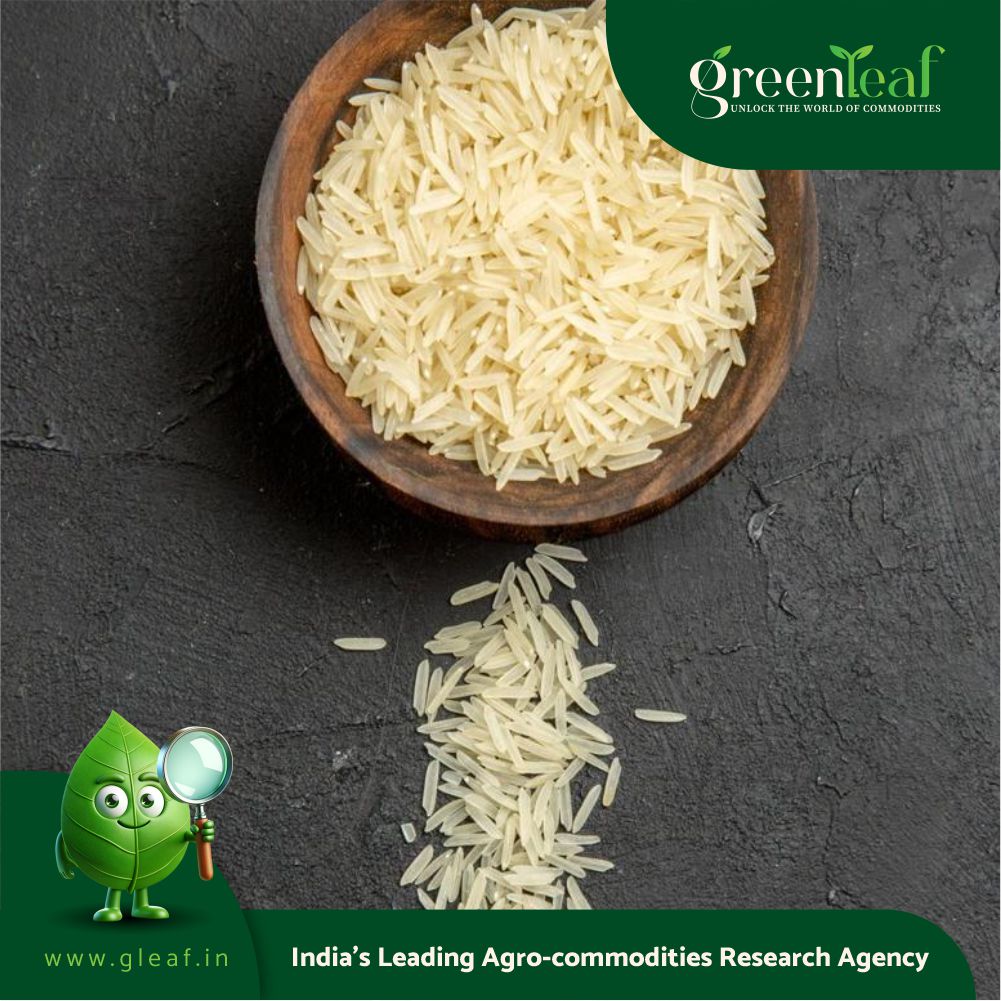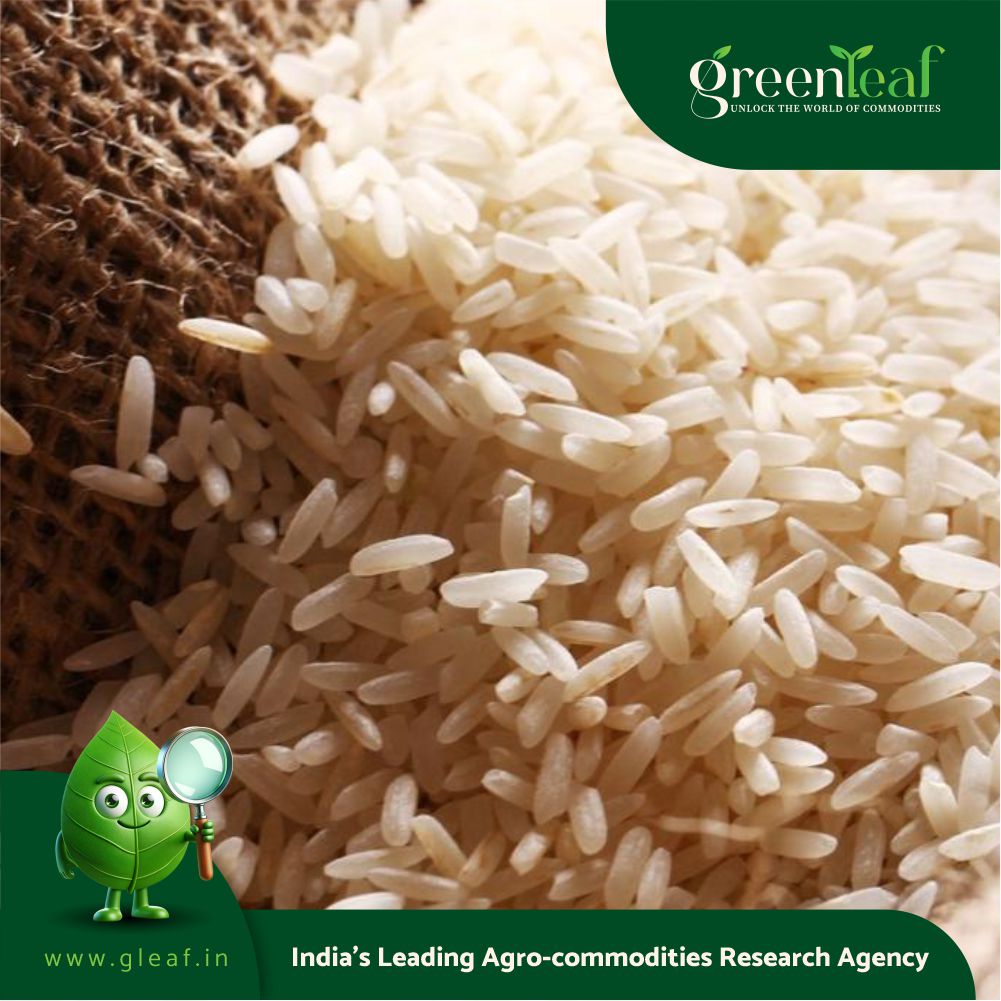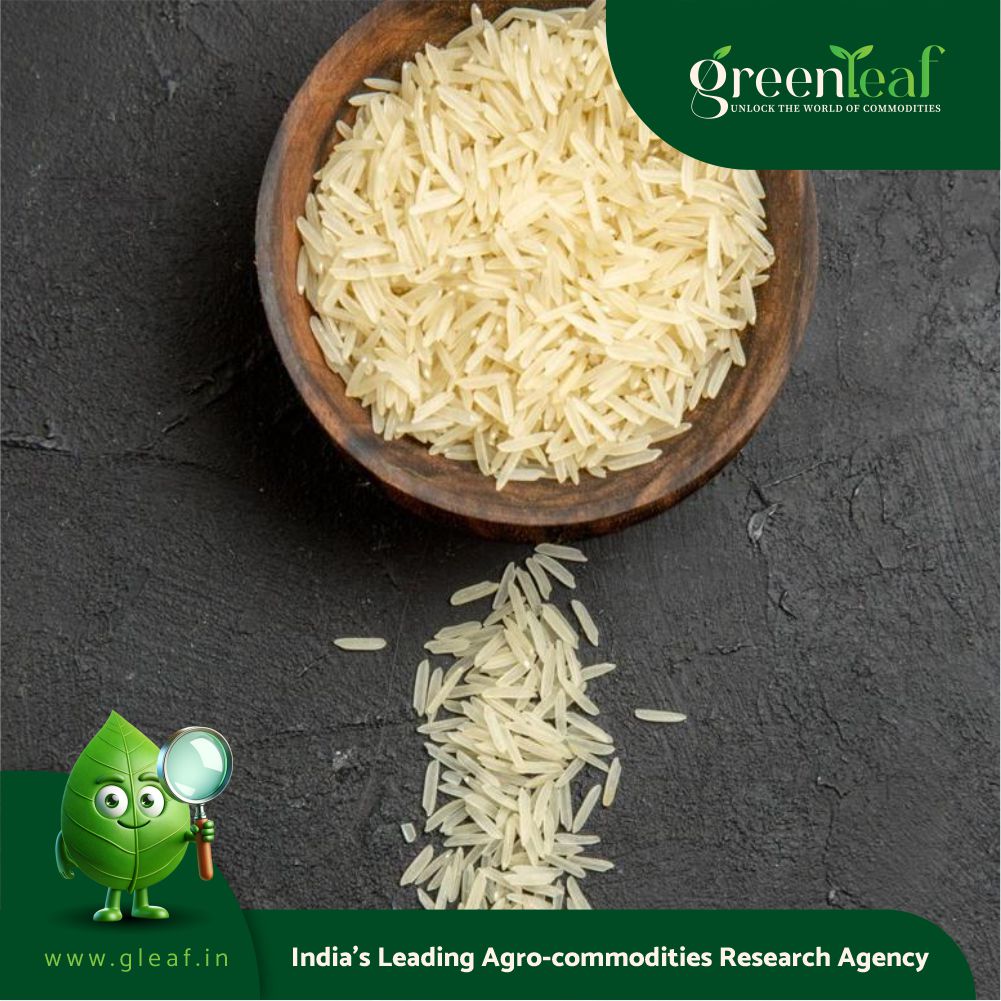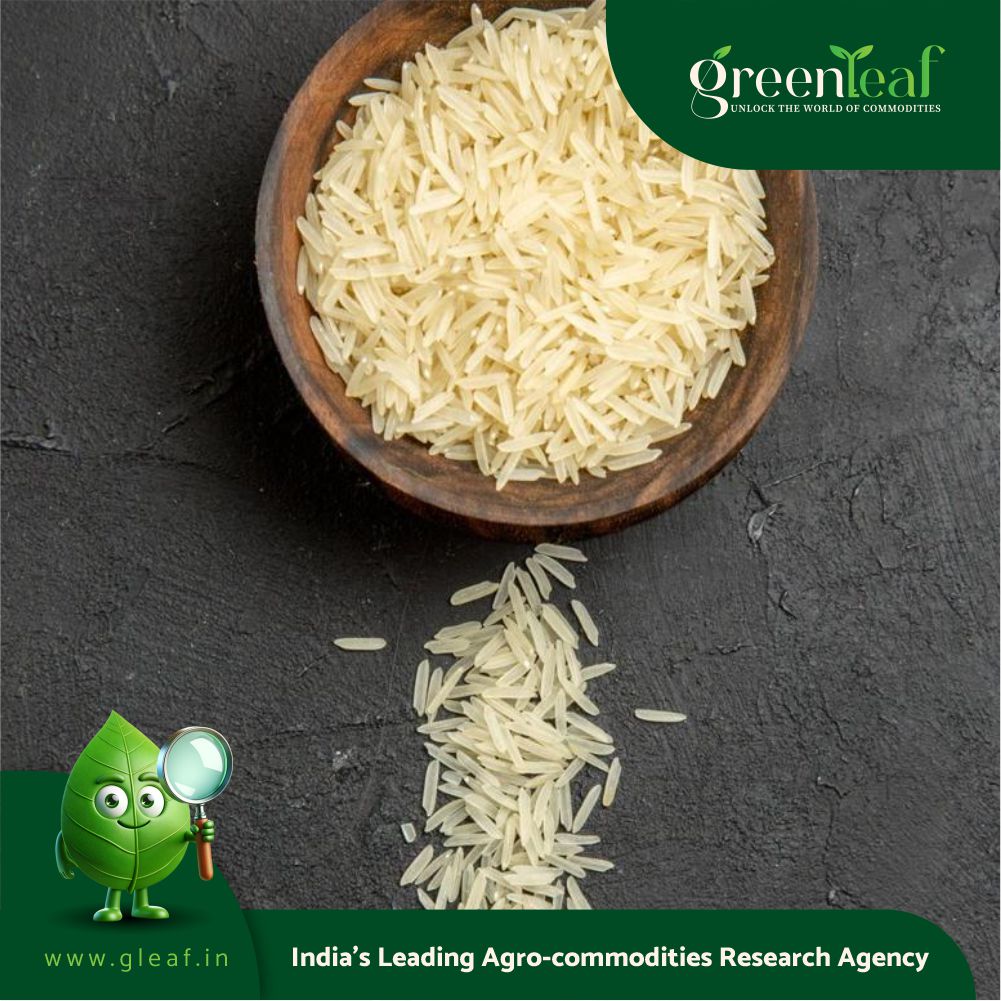MUMBAI, June 26 (Reuters) - India is allocating record rice volumes for ethanol production as it struggles with unprecedented inventories that are likely to swell further with the arrival of the new season crop, a reversal from earlier shortages that led to export curbs.
Turning more rice to ethanol is helping to reduce rice stocks in the world's biggest producer and exporter of the grain and keeping India's ambitious ethanol blending programme on track despite a drop in supplies of traditional feedstock sugar cane.
In March, India removed the last of roughly two years of restrictions on rice exports, which had been prompted by poor rains that curtailed production. This year's ample monsoon rains are poised to deliver an abundant harvest.
"Our top priority is making sure we have enough food," a senior government official told Reuters, declining to be named because he was not authorised to speak with media.
"But since we have way more rice than we actually need for that, we’ve decided to use some of it for ethanol production," the official said.
The state-run Food Corporation of India (FCI) has allocated a record 5.2 million metric tons of rice for ethanol, equivalent to nearly 9% of global rice shipments in the 2024/25 marketing year ending in June. In the previous year, less than 3,000 tons of FCI rice went into ethanol.
FCI buys nearly half of India's rice crop and currently has reserves, including unmilled paddy, of a record 59.5 million metric tons on June 1, far exceeding the government's target of 13.5 million tons for July 1.
The availability of rice for ethanol has taken pressure off corn prices, which jumped to record high last years, forcing record imports by India.
Grain-based distilleries use corn, rice and damaged food grains as feedstock, switching between them depending on price.

